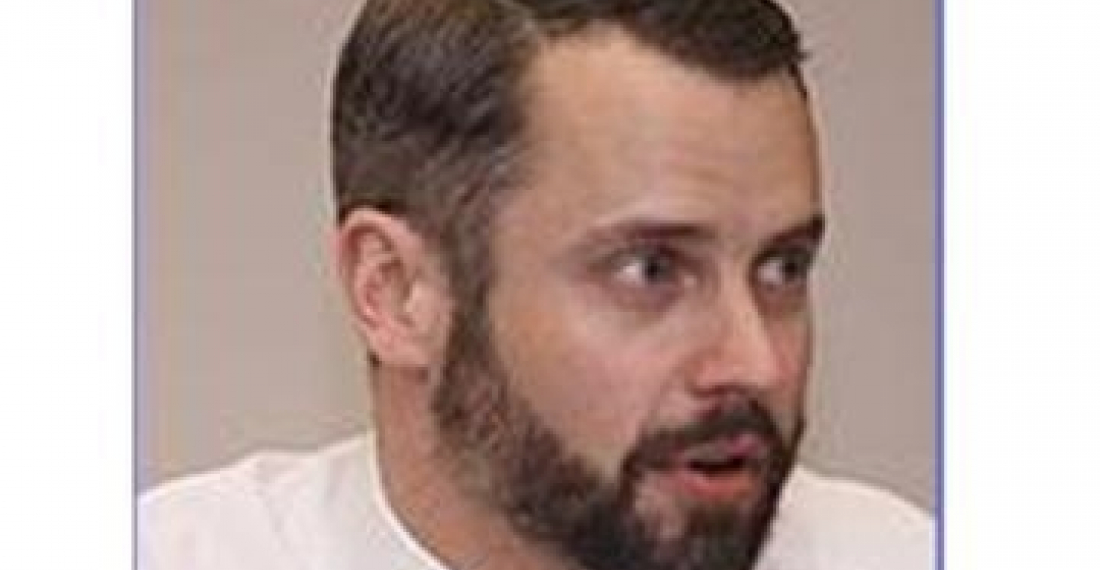In this op-ed for the opendemocracy.org website Dr Laurence Broers discusses the challenges facing civil society activists in the aftermath of the Safarov case.
Recent weeks have ushered in a new low point for those working towards a peaceful resolution of the Armenian-Azerbaijani conflict over Nagorny Karabakh.
President Ilham Aliyev's pardon of Ramil Safarov, convicted of the brutal murder of an Armenian army officer in Budapest in 2004 and extradited back to Azerbaijan, appeared to reward ethnic hatred and dealt a huge blow to any sense of trust between Armenians and Azeris.
All of the worst stereotypes about Azeris and Azerbaijan circulating in Armenian websites and chatrooms seemed to be confirmed. Years of intensive public relations work to introduce little-known Azerbaijan to the wider world unraveled.
Ethnic stereotypes are particularly hard to shift in a context where people cannot talk to each other. It is not much of an exaggeration to say that Armenian and Azerbaijani societies live in different worlds, living by their own separate interpretations of the conflict dividing them.
With borders closed and travel across the conflict closed to all but a tiny handful of experts, Armenians and Azeris no longer have direct contact on which to base their perceptions of each other. They are connected instead by an information war, waged on state-controlled TV at home and in the bullet-points of lobbying groups abroad.
Armenians and Azeris: how incompatible are they?
As Caucasus expert and Senior Associate with the Carnegie Endowment for International Peace in Washington D.C. Thomas de Waal has pointed out, Ramil Safarov's pardon is a golden windfall for those who argue that Armenians and Azeris are incompatible, and that they cannot live together.
Ironically, this is a line usually heard on the Armenian side of the conflict, where people are more satisfied with the status quo and the current segregation of Armenians and Azeris. In a newly antagonized and embittered environment, what hope is there for Armenian-Azeri dialogue?
A new multimedia handbook published this month by a London-based peacebuilding organisation shows that different visions are possible. Its been written to accompany Dialogue Through Film, a unique film-making initiative supported by Conciliation Resources since 2006.
The initiative brings together young Armenians and Azeris and supports them to produce short documentaries about the conflict that stands between them. In a context where hate-speech thrives, Dialogue Through Film has held out the prospect of a fresh language of moving images: moving both in terms of the emotional content, but also in terms of shifting perceptions.
Over 30 young film-makers have taken part, and through a series of film showings carried out over the last two years across Armenia, Azerbaijan and Nagorny Karabakh, thousands of Armenians and Azeris have watched their films.
A human history of the Karabakh conflict
The films, up to half-an-hour long, provide a human history of the Karabakh conflict. They document experiences as diverse as the fate of mixed marriages, Armenian-Azeri prisoner exchanges, online war-gaming and lives of Armenian and Azerbaijani refugees.
This human history and the experiences of those bringing the films to wider audiences are brought together in Dialogue Through Film - A Handbook. Published in Armenian, Azeri, Russian and English, it contains interviews with participants and film protagonists, suggestions and recommendations on how to set up a screening, and 20 short films on DVD - everything that's needed to organize your own film showings and debates.
A far cry from the easy stereotypes of government-controlled media or anonymous internet postings, Dialogue Through Film offers a different vision: young people seeking their own answers to the question of why the Karabakh war happened and the human cost involved.
But this is no rose-tinted vision. These films openly confront the legacies of a tragic war, including occupation, torture, life in displacement, injury and personal loss. At often-difficult meetings, all of the films have been watched and edited together in Tbilisi. There are many uncomfortable moments for all audiences, whatever their nationality.
Yet in the words of one young viewer from Armenia: "if films like these only showed how well Armenians and Azeris get on, they would be of no use and no interest".
Dissenting voices: ‘Not in my name'
The presidential pardon of Ramil Safarov has cut the ground from under initiatives like this. For Armenians, it will now be even harder to see beyond the ‘Ramil Safarov' in every Azeri. Participation in confidence-building activities will seem more illusory and dangerous than ever.
Yet it has also provoked a range of responses from within Azerbaijan itself. Some local commentators, as well as Azeris in the blogosphere, have distanced themselves from Safarov's rehabilitation and the damage to Azerbaijan's moral image. This disquiet shows that many Azeris are unhappy with a stark vision of ethnic hatred, and with closing off normal dialogue with Armenians.
On both sides this is a time to reflect on what societies can do when political judgment errs. It is a moment when those holding more moderate views must not be cowed by hard-line hysteria, and wherever they can, say "not in my name".
Initiatives such as Dialogue Through Film show that alternatives are possible. The challenge now will be to weather the storm and keep these alternatives alive as cold war between Armenia and Azerbaijan deepens.
Dr Laurence Broers is Caucasus Projects Manager at Conciliation Resources. This op-ed appeared first on the website www.opendemocracy.org







